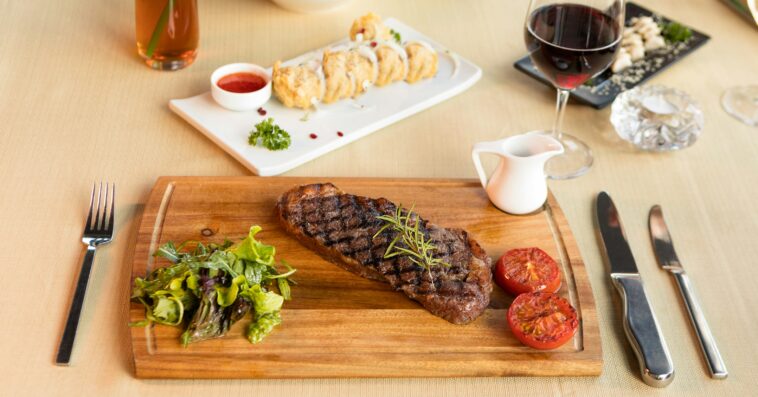Introduction:
French foie gras, hailed as a culinary masterpiece, has long been synonymous with indulgence and sophistication. However, beneath its gastronomic allure lies a contentious debate over the ethical implications of its production methods. This article explores the rich cultural heritage, production processes, ethical dilemmas, and innovative solutions surrounding French foie gras.
Cultural Heritage:
Foie gras holds a revered place in French culinary tradition, dating back to ancient civilizations where it was savored as a delicacy fit for royalty. Over the centuries, it has evolved into a symbol of culinary excellence, featuring prominently in festive gatherings, gourmet cuisine, and haute cuisine. Regional variations in preparation methods have further enriched its cultural significance, with each locale adding its unique flair to this timeless delicacy.
Production Processes:
At the heart of the foie gras industry lies the controversial practice of gavage, where ducks or geese are force-fed to enlarge their livers. While this technique has been practiced for centuries and is defended by proponents for its role in achieving the desired taste and texture, it has faced vehement opposition from animal welfare activists. Critics argue that force-feeding constitutes animal cruelty and violates ethical principles, sparking debates over the ethical implications of foie gras production.
Ethical Dilemmas:
The ethical debate surrounding foie gras production centers on the welfare of the animals involved. Opponents of gavage contend that force-feeding subjects ducks and geese to unnecessary suffering and stress, compromising their physical and psychological well-being. In response, some producers have sought to address these concerns by implementing alternative methods, such as free-range farming and ethical gavage, which prioritize animal welfare while striving to maintain culinary excellence.
Innovative Solutions:
Innovation within the foie gras industry is driven by a dual commitment to tradition and ethical responsibility. Producers are exploring novel approaches to foie gras production, including non-invasive feeding techniques, precision nutrition, and sustainable farming practices. Advances in technology and agricultural science offer promising avenues for improving animal welfare, reducing environmental impact, and ensuring the long-term viability of foie gras production.
Culinary Evolution:
Despite ethical controversies, foie gras continues to captivate chefs and food enthusiasts worldwide with its unparalleled flavor and versatility. Chefs are continually pushing the boundaries of culinary creativity, experimenting with new techniques and flavor combinations to showcase the depth and complexity of foie gras. From classic terrines and pâtés to innovative dishes that challenge conventional notions of taste and texture, foie gras remains a cornerstone of culinary innovation and gastronomic excellence.
Conclusion:
French foie gras occupies a unique position in the culinary landscape, revered for its cultural heritage and gastronomic allure. However, its production methods have sparked intense ethical debates, prompting the industry to seek innovative solutions that balance tradition with ethical responsibility. As consumer awareness of animal welfare issues grows, the future of foie gras will depend on the industry’s ability to adapt, innovate, and uphold the values of culinary excellence and ethical stewardship.

